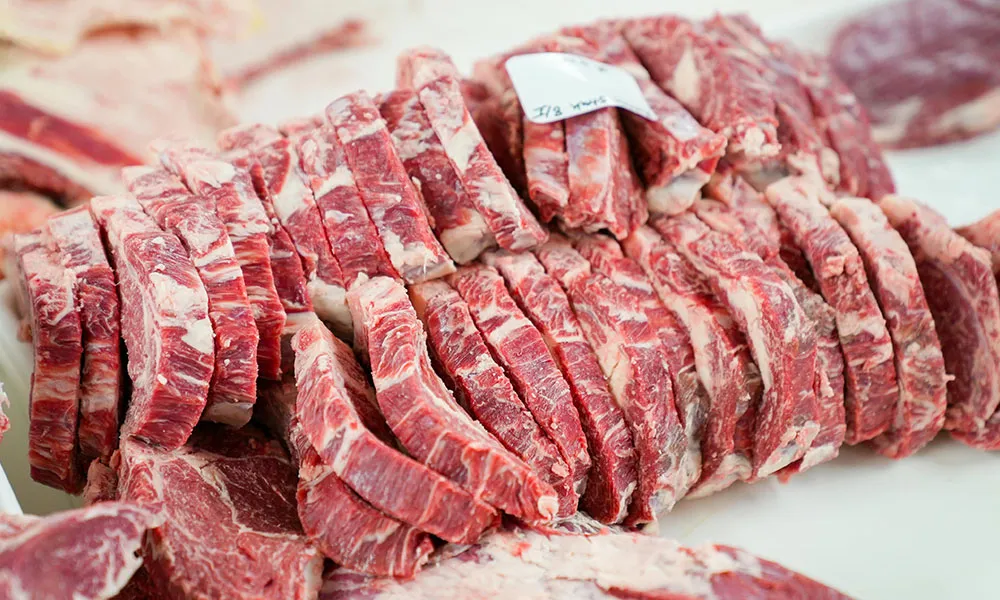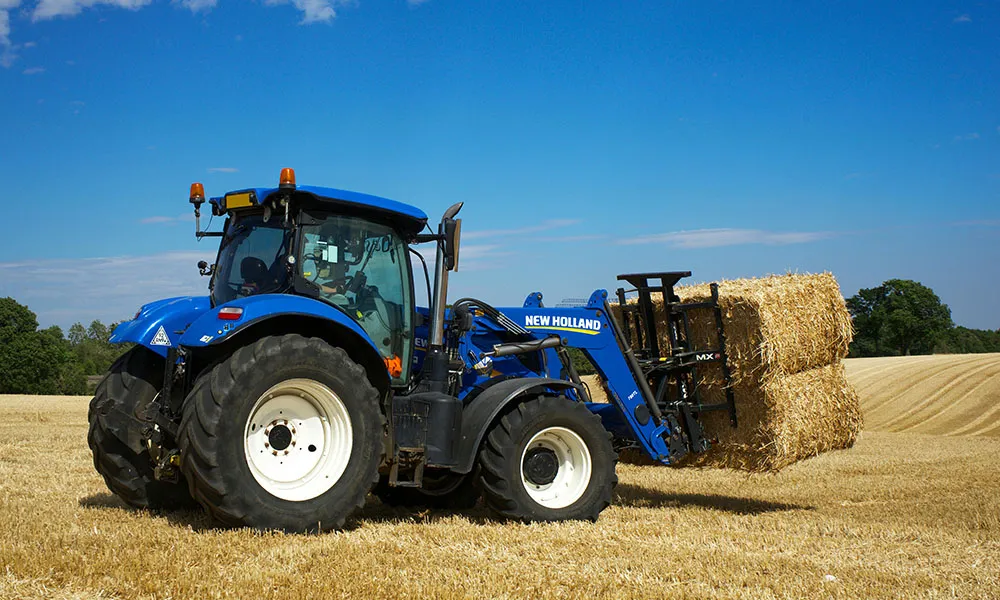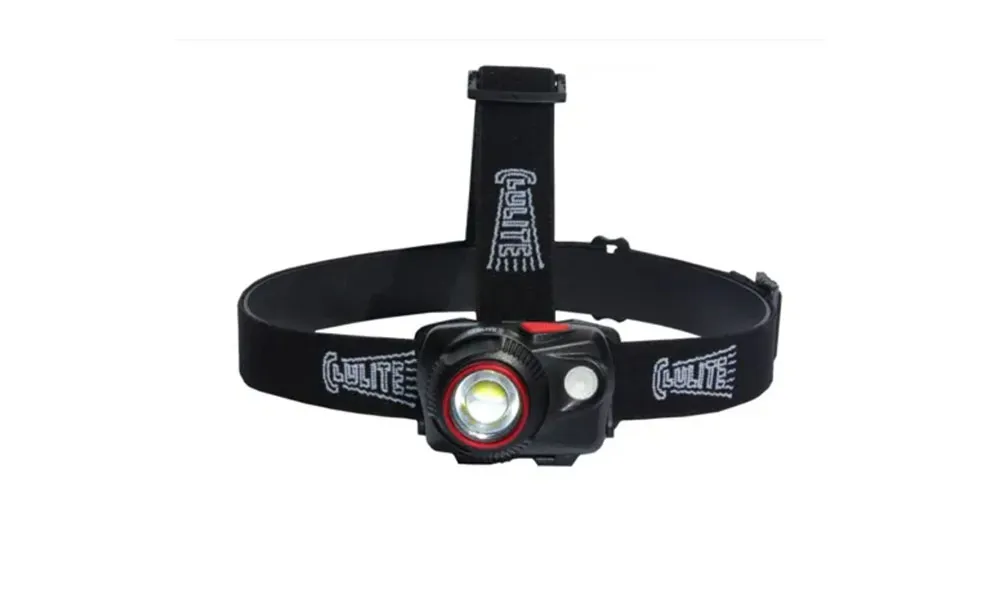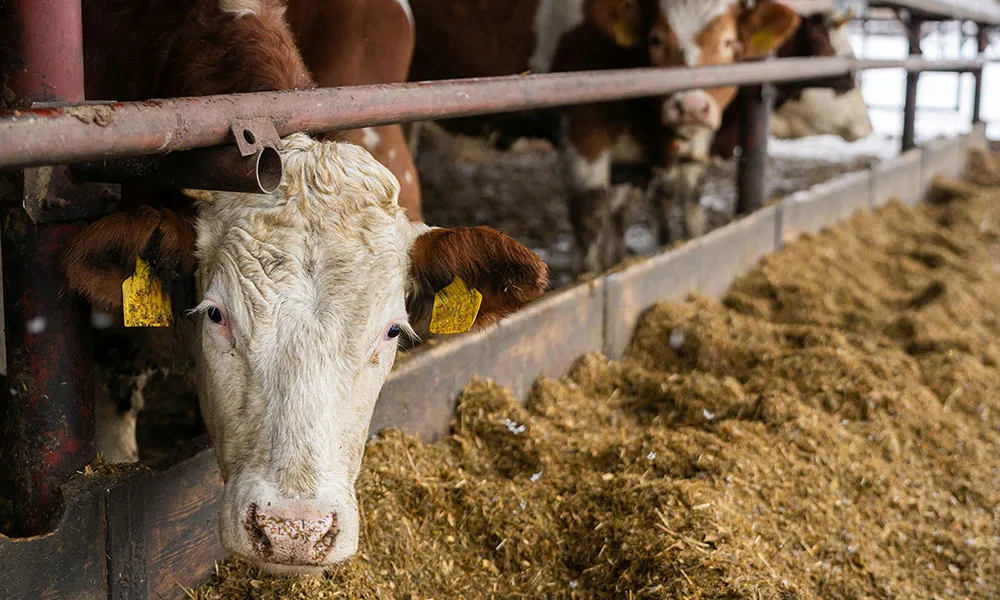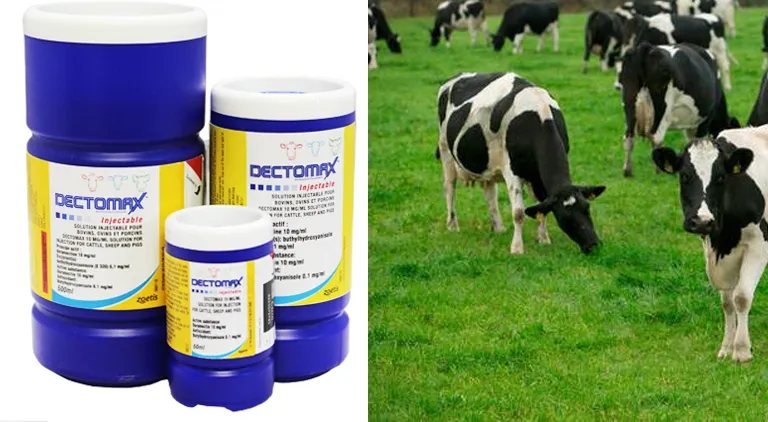
Dectomax: The best time for use is now!
It’s getting close to that time again when farmers are preparing for housing. Getting sheds ready and organised is foremost for many. Laying out a closing off plan for paddocks and fields is another thing on the mind. You should also have a parasite control plan in place from the start of the year.
Unfortunately many are only now considering what wormer to use once the cows are in; before putting it on the long finger again. However now is actually a perfect time to think about dosing your animal’s pre housing! Dectomax applied now will give your stock up to 5 weeks of persistent protection against stomach worms and lungworm. With most looking at housing within 5 to 6 weeks, now is an ideal time to dose with Dectomax as it will save having to dose for worms when they enter the shed. It should also leave them clear of lice going into the shed. This will leave you with just having to treat for fluke (in susceptible areas) at housing. As you won’t need to use a dual treatment you could look at using a Triclabendazole drench like Endofluke, Tribex or Triclaben to treat all stages of fluke 2 weeks after housing.
This dose routine would leave your animals covered for all internal parasites until between three to six weeks after turn out! All with only two handlings! As Dectomax also treats for lice and mange it should leave animals free of these when being housed. If, when administering the fluke dose, you also apply a lice preventative such as Spot On or any other treatment, you will also be covered for external parasites for 4 to 5 weeks over the housing period. A second dose after this time should hopefully see you out till turn out.
Worm Problems
Farmers need to be aware of problem times for each parasite. For example Hoose is the worm causing biggest problem at this time of year due to the wet period. Hoose larvae that have been passed by the animals on the paddock. These larvae get splashed out of the manure by heavy downpours and spread into the paddock. In dry periods the larvae are contained within the immediate area of and around the dung. This is why cattle will avoid eating the grass around them. But with the rain the larva can spread further to areas the animals are grazing. For this reason it is highly likely there will be an emergence of infective lungworm larvae that causing outbreaks of Hoose.
At housing it is also important to choose a wormer that will treat Inhibited L4 worms. These are the larval stages of the worm that have buried into the lining of the gut where they can lie dormant over the winter period. It is important to check the label of your housing dose to ensure that it does treat these worms.
Worm Resistance
Worm control is becoming increasingly challenging due to the emergence of Ivermectin resistance in particular. It is inevitable that grazing cattle are exposed to parasitic worms and with intensification, increased herd sizes and tighter grazing practices, the burden and impact of these worms are increasing.
Ivermectins and white doses are facing an increasing number of reported issues. Teagasc has carried out a lot of research in the last number of years, which showed that 16 of the 16 farms tested had resistance to Ivermectin injection. Calves did not show signs of scouring, yet when egg counts were carried out resistance was found. Significantly, the performance of the calves compared to those of animals treated with an effective product found that they weighed on average 7kg less after a month. Not ideal on any farm.
Benefits of Dectomax
Dectomax offers a different option as there have been no reported cases of dosing failure. This offers a labour saving solution as there will be less handling of stock, so less stress on man and animal. Because of the greater period of persistent worm killing, there is less opportunity for Hoose to strike between now and housing. In addition to being highly effective and long lasting against Hoose infection, Dectomax is also effective against gastrointestinal nematodes, eyeworms, warbles, lice, mange mites and ticks in cattle, and gastrointestinal roundworms, lungworms, mange mites, scab and nasal bots in sheep.
The lack of known resistance is well worth the extra cost over cheaper Ivermectin options on the market. There is no point trying to save money on your winter dosing if it you are going to lose out in live gains.
Responsible use
Don’t treat too often!
It is important to note that animals need to have a certain amount of infestation in order to build up their immune system resistance. If treated for worms too frequently this natural resistance will fail to develop. The animals will be totally reliant on treatments for protection. This can be more true for long lasting treatments such as Dectomax.
For that reason it is advisable to only use long acting products at particularly susceptible times such as the lead up to housing. If used too frequently you not only have to worry about worm resistance, but more importantly an animal becoming overly susceptible to infection if a treatment is missed. This could result in an animal succumbing to infection before you have time to intervene.
Don’t become reliant on one active Ingredient.
Although Dectomax may not have any resistance at the moment we need to use it wisely. Do not use it consistently or you will risk developing a resistance to it in the future. It is best to change the Anthelmintic active ingredient you use on a fairly regular basis to ensure resistance doesn't develop on your farm. Best practice also involves not relying solely on Anthelmintics to treat for worms but to also use management practices to reduce pasture infection levels. And always remember to have a parasite control plan in place at the start of every season.
RGA





